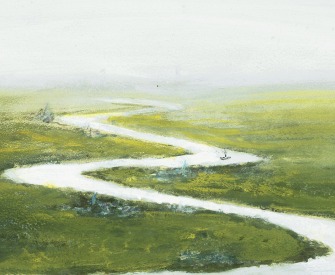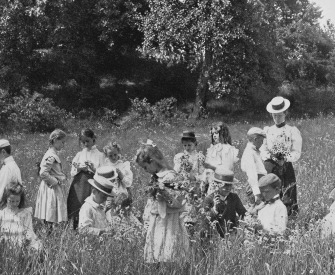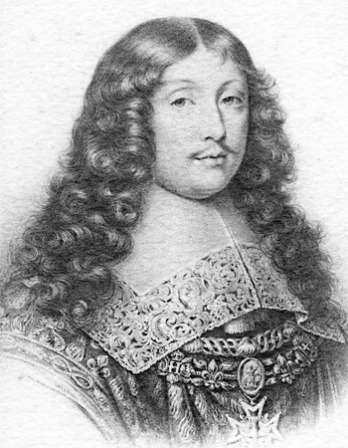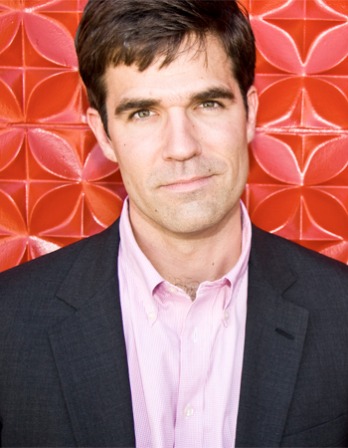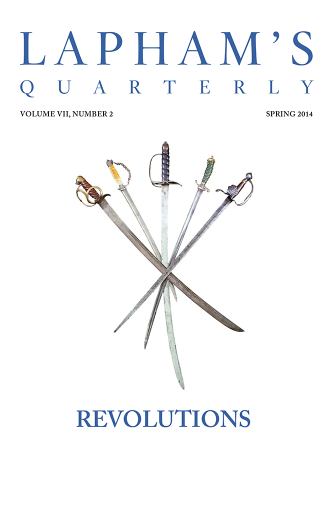If you’ll only just promise you’ll none of you laugh,
I’ll be after explaining the French telegraph!
A machine that’s endowed with such wonderful power,
It writes, reads, and sends news fifty miles in an hour.
Then there’s watchwords, a spyglass, and index or hand,
And many things more none of us understand;
But which, like the nose on your face, will be clear,
When we have, as usual, improved on them here.
Oh! the dabblers in lotteries will grow rich as Jews:
’Stead of flying of pigeons, to bring them the news,
They’ll a telegraph place upon Old Ormond Quay;
Put another ’board ship, in the midst of the sea;
And so on to town each to tell through the rank,
The first thousand-pound prize was that morn drawn a blank:
And thus, if the air should but chance to be clear,
In two hours will the news of dear Dublin fly here.
Ah! then, what a sure guide will the telegraph prove
To promote their designs who are dying for love?
If an old married lady should court a young man,
Can’t she make a spyglass with the sticks of her fan?
Then suppose an appointment—the hour be two—
Can’t the index point thus, and the watchword be boo?
Sure, didn’t I tell you I’d make it appear,
’Twill be mighty convenient, improved upon here.
Adieu, penny posts! Mails and coaches, adieu;
Your occupation’s gone, ’tis all over wid you:
In your place, telegraphs on our houses we’ll see,
To tell time, conduct lightning, dry shirts, and send news.
Then, while signals and flags stream on top of each street,
The town to a bird will appear a grand fleet:
And since England’s grand fleet to the French conveys fear,
Sure, shan’t we improve on the telegraph here?
“The Telegraph.” This early non-electric telegraph system was developed in France in 1791 and utilized semaphore. Among the most popular English composers of the late eighteenth century, Dibdin was a self-taught musician who began acting in the theater in 1762. Over the course of his career, he wrote several novels, about one hundred works for the stage, and around fourteen hundred songs.
Back to Issue

